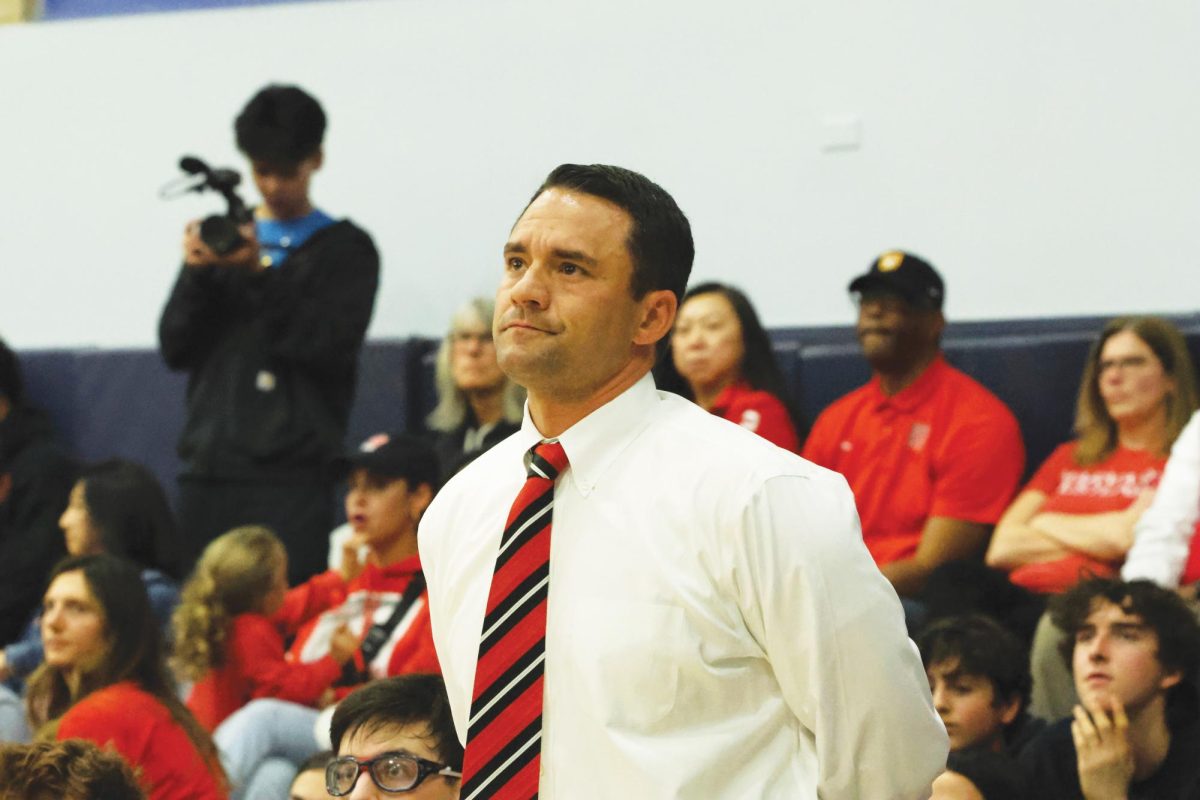By Sammy Roth
For the second consecutive year, Josh Oreman ’09 and Rebecca Jacobs ’09 won medals in the International Science Olympiads.
Oreman earned a gold medal at the International Physics Olympiad in Mérida, Mexico, and Jacobs won a silver medal at the International Linguistics Olympiad in Wroclaw, Poland. Both alumni were the top United States finishers in their Olympiads.
Claresta Joe-Wong ’10 was one of 20 finalists in the U.S. Chemistry Olympiad, but she was not chosen to attend the International Chemistry Olympiad.
Oreman won a gold medal at last year’s IPO, but he still managed to improve on his 2008 performance. Last year he placed 36th overall; this year he finished 11th out of 315 students from 70 countries.
“It’s a lot of fun and a really valuable experience,” Oreman said, “and you learn a lot even when you’ve done it before.”
Oreman qualified for the 24-student U.S. Physics Team by scoring well on olympiads at the school and national level. After attending a study camp in May at the University of Maryland, Oreman was chosen as one of five students to attend the IPO.
Dr. Antonio Nassar, who taught Oreman’s AP Physics C: Electricity and Magnetism class two years ago, said he was not surprised that Oreman qualified for the IPO for the second consecutive year.
“He is one of the most spectacular students of H-W of all times,” Nassar said, “he certainly can win a Nobel Prize in Physics if he focuses assiduously on a long-term career in physics.”
Oreman said that already having participated in the IPO made him more prepared the second time around.The IPO consisted of a five-hour written test and a five-hour laboratory exam. Because the 315 students at the IPO had trouble entering the written exam room at the same time, they were forced to enter in groups. The exam started before every student had entered the room, Oreman said.
“I was in the last group of students to enter so I had 15 minutes less than I should have,” he said, “but I didn’t really feel like it would have made much difference.”
Jacobs also improved on her performance at the ILO. Last year she received a bronze medal, and this year she won silver. Eighty-six students from 18 countries participated in the competition.
“I was incredibly happy with my performance this year,” Jacobs said. “There were only two gold medals awarded, so a silver medal indicates a very high score.”
Jacobs became interested in linguistics when she read, “The Language Instinct,” by Steven Pinker. Her dean, Rose-Ellen Racanelli, encouraged her to participate in the ILO last year.
Jacobs qualified for this year’s ILO by placing eighth in the North American Computational Linguistics Olympiad.
The ILO was made up of individual competition and a team competition. Jacob’s four-student team, one of two U.S. teams, won the team competition.
“I’m particularly pleased with the fact that my team placed first in the team competition,” Jacobs said. “According to one of the judges, we did better on the team problem than the test-solvers did.”
Jacobs described the questions on the linguistics Olympiad as “logic problems.” Generally, she said, students are given passages in languages that they do not know, alongside English translations, and asked to produce more sentences or find patterns in those languages. For example, one problem called for students to translate numbers from Sulka, a language spoken by about 3,500 people in Papua New Guinea.
As one of 20 finalists in the U.S. Chemistry Olympiad, Joe-Wong attended a study camp at the Air Force Academy in Colorado. She said she was not too disappointed that she did not get to go to the international Olympiad, considering that only four of the 20 students could be chosen to go.
She added that she might be more likely to make the international team next year, should she choose to compete.
“I probably would [have a better chance next year], because it wouldn’t be as overwhelming,” she said.




































